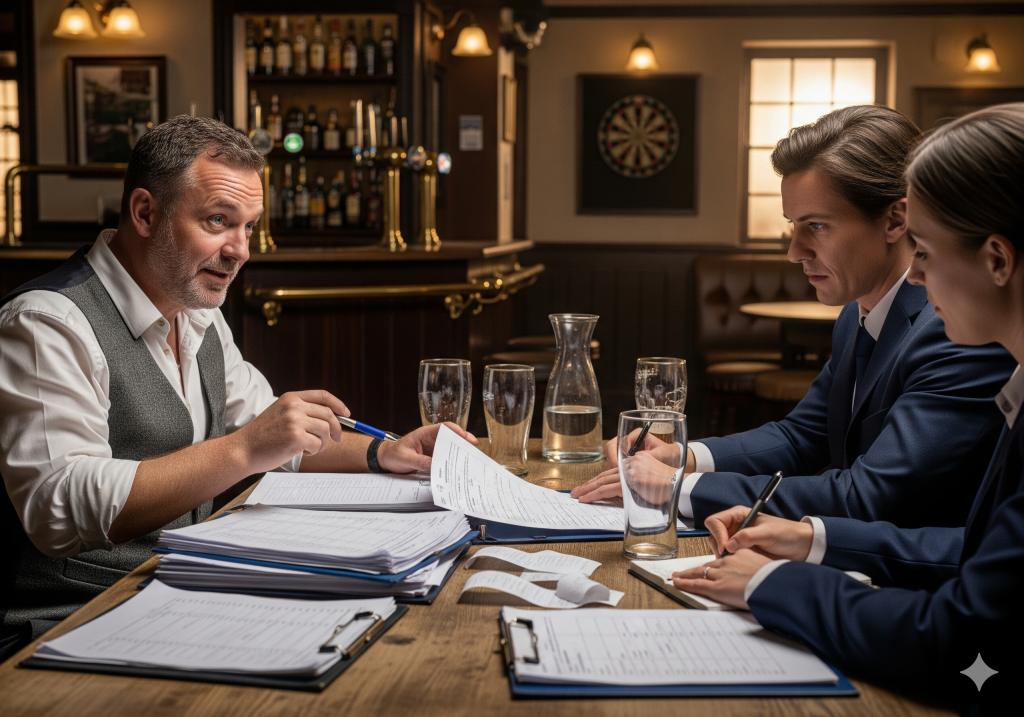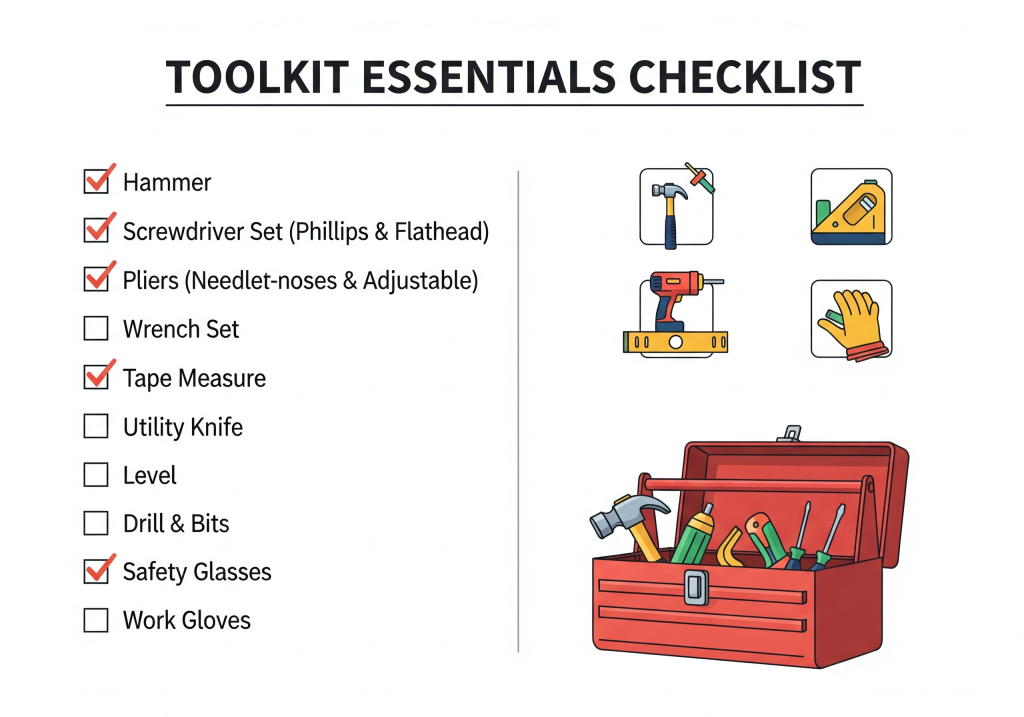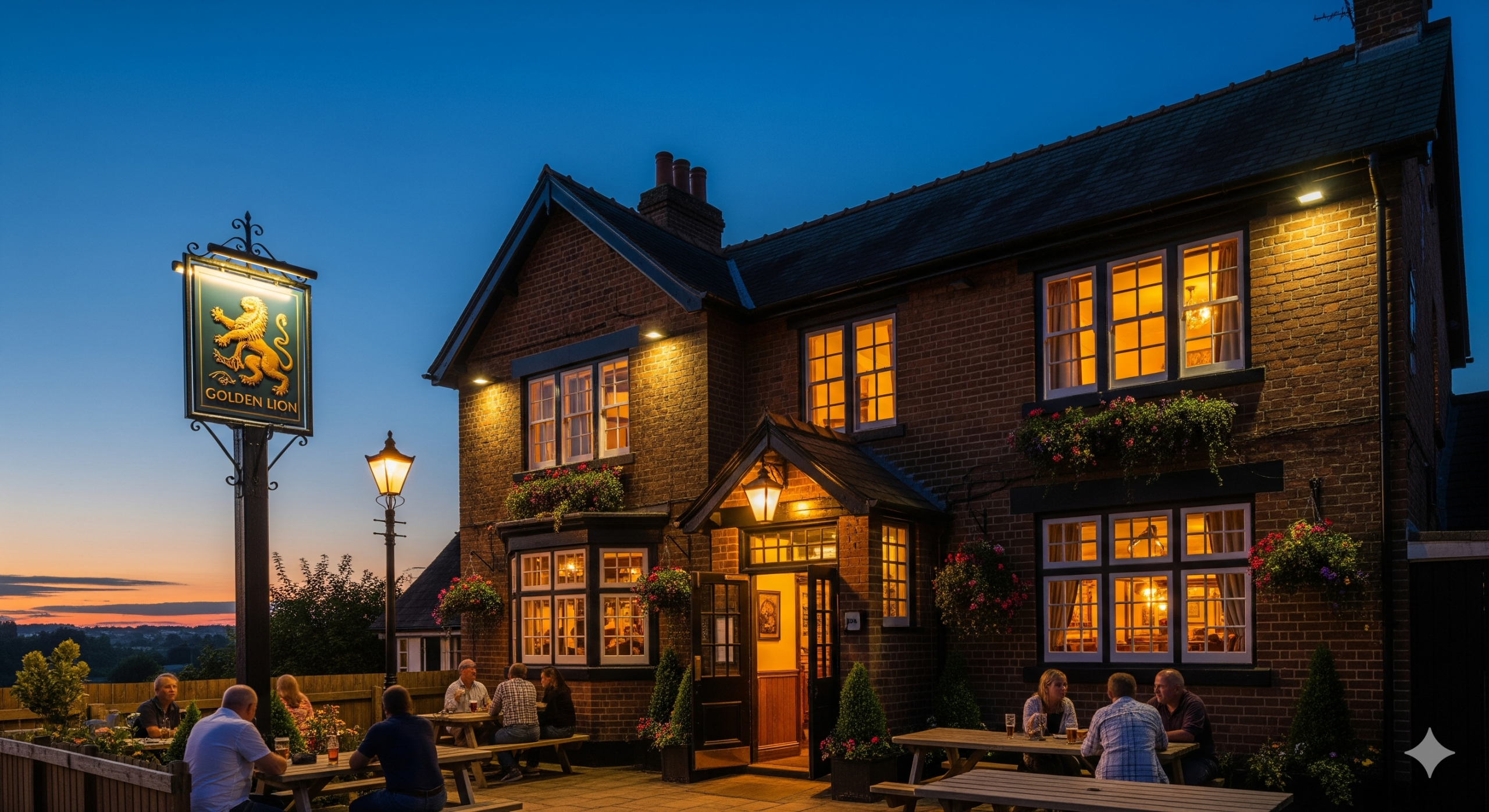Why Pubs Live & Die on Negotiation
Every pint pulled, every plate served, and every shift covered in a pub is the result of negotiation. From supplier contracts to staff rotas, and from landlord rent reviews to customer expectations, landlords are constantly brokering deals. Negotiation isn’t just about haggling over price — it’s about finding win-win outcomes that keep the pub sustainable, staff motivated, and customers coming back.
Consultation is equally vital. Involving staff, regulars, and stakeholders in decisions doesn’t weaken your authority — it strengthens trust and reduces resistance to change. In this guide, we’ll translate negotiation theory into pub realities, giving you tools to deal with suppliers, staff, and landlords confidently.

The Theory in Practice: Negotiation Models for Pubs
Distributive vs Integrative Bargaining
- Distributive (Win-Lose): Splitting a fixed pie. Example: brewery wants to raise keg prices by £10; you push back and settle at £5. One wins, one loses.
- Integrative (Win-Win): Growing the pie. Example: instead of just price, you negotiate improved delivery times, free glassware, or promo support.
(Outbound link: Harvard Program on Negotiation)
BATNA: Best Alternative to a Negotiated Agreement
- Always know your walk-away. If one supplier won’t move, do you have an alternative brewery, microbrew, or guest ale option ready?
- Staff rota example: if one person refuses Saturday nights, your BATNA might be hiring part-time cover rather than forcing a shift.
Interest-Based Negotiation
- Focus on needs, not positions. If a staff member wants Fridays off, dig deeper — maybe they’re studying, and a Sunday swap works better for everyone.
Why Consultation Beats Dictation
Consultation isn’t weakness — it’s strategy. According to UKHospitality, workplaces that involve staff in decisions see higher retention and performance (UKHospitality Workforce Report).
Consultation in Action
- Staff Rotas: Involve team in setting preferences before publishing schedules.
- Menu Changes: Invite regulars for tasting sessions before finalising a new dish.
- Landlord/Tenant: Under the Pubs Code Regulations, tenants have the right to “meaningful consultation” on rent and terms (Gov.uk Pubs Code).
Pub Scenarios: Negotiation in Real Life
Supplier Price Hike
Brewery informs you that keg costs are going up £20 per barrel.
- Tactic: Anchor the conversation with industry averages (see Statista UK Beer Prices). Show competitive benchmarks and ask for added value: “If price rises, can we get promo materials and faster deliveries?”
Staff Rota Dispute
Two staff members both want Saturday nights off.
- Tactic: Consult openly, explain needs, and explore swaps. Offer incentives for unpopular shifts (extra meal, bonus, or early finish on next shift).
Rent Review
Your landlord proposes a 15% increase.
- Tactic: Gather data: local trade reports, CAMRA benchmarks, profit & loss evidence. Negotiate based on what the business can sustain. Highlight long-term tenancy benefits.

Barriers in Pub Negotiations
Negotiation isn’t always smooth. Barriers include:
- Power Imbalances: Breweries and landlords often hold more leverage.
- Staff Fear: Employees may hesitate to voice needs.
- Emotional Heat: Discussions during busy shifts spiral quickly.
According to Lewicki & Hiam’s negotiation matrix, effective negotiators balance assertiveness with empathy. In pubs, that means being clear about your needs without dismissing others.
(Outbound link: Negotiation Matrix overview)
Tactics That Work in Pub Settings
- Anchoring: Start with benchmarks. “The average pint in our region sells for £4.20 — if costs rise too steeply, we can’t stay competitive.”
- Coalitions: Build team backing before big changes. Staff united in rota decisions = less resistance.
- Silence: After making your offer, wait. Don’t fill the silence.
- Trade-Offs: “If you need me to cover Friday night, I’ll need Saturday early finish.”
- Framing: Reframe negotiation as partnership. “We both want this pub thriving — let’s find terms that work long term.”
Case Studies: Negotiation Wins
- The Crown & Anchor (London): Brewery proposed a 12% price rise. Landlord negotiated to 6% plus free branded glasses and social media promo support.
- The Black Horse (Yorkshire): Staff rota disputes dropped by 60% after landlord introduced consultation board where staff swapped shifts themselves.
- The White Swan (Devon): Tenant reduced a rent hike by 10% by presenting CAMRA data + evidence of community events boosting trade.
(Outbound link: CAMRA Campaigns)
Practical Toolkit for Landlords
BATNA Worksheet
- My ideal outcome: ______________________
- My fallback option: _____________________
- My walk-away point: ___________________
Consultation Meeting Template
- Introduce purpose clearly.
- Share data or issue.
- Ask for input (listen actively).
- Summarise and confirm agreements.
10 Negotiation Phrases for Pubs
- “Help me understand what’s driving this increase.”
- “If we can’t agree here, what’s our alternative?”
- “We both want this pub thriving long-term.”
- “What would make this fair for you?”
- “Let’s look at the bigger picture.”
- “How could we improve service if price goes up?”
- “What flexibility do you have on terms?”
- “What if we trial this for 3 months?”
- “I’d like to hear your perspective.”
- “Can we package this deal with added support?”

Conclusion: Negotiation as a Pub Superpower
Negotiation and consultation aren’t battles — they’re tools to strengthen relationships. Whether you’re handling a supplier price rise, staff rota disputes, or a landlord’s rent review, the skills outlined here turn conflict into collaboration. Consult openly, prepare your BATNA, and use proven tactics — you’ll win better deals, happier staff, and a stronger pub business.
For more practical tools, templates, and marketing support, explore smartpubtools.com/blog or try the tool directly at smartpubtools.net.
